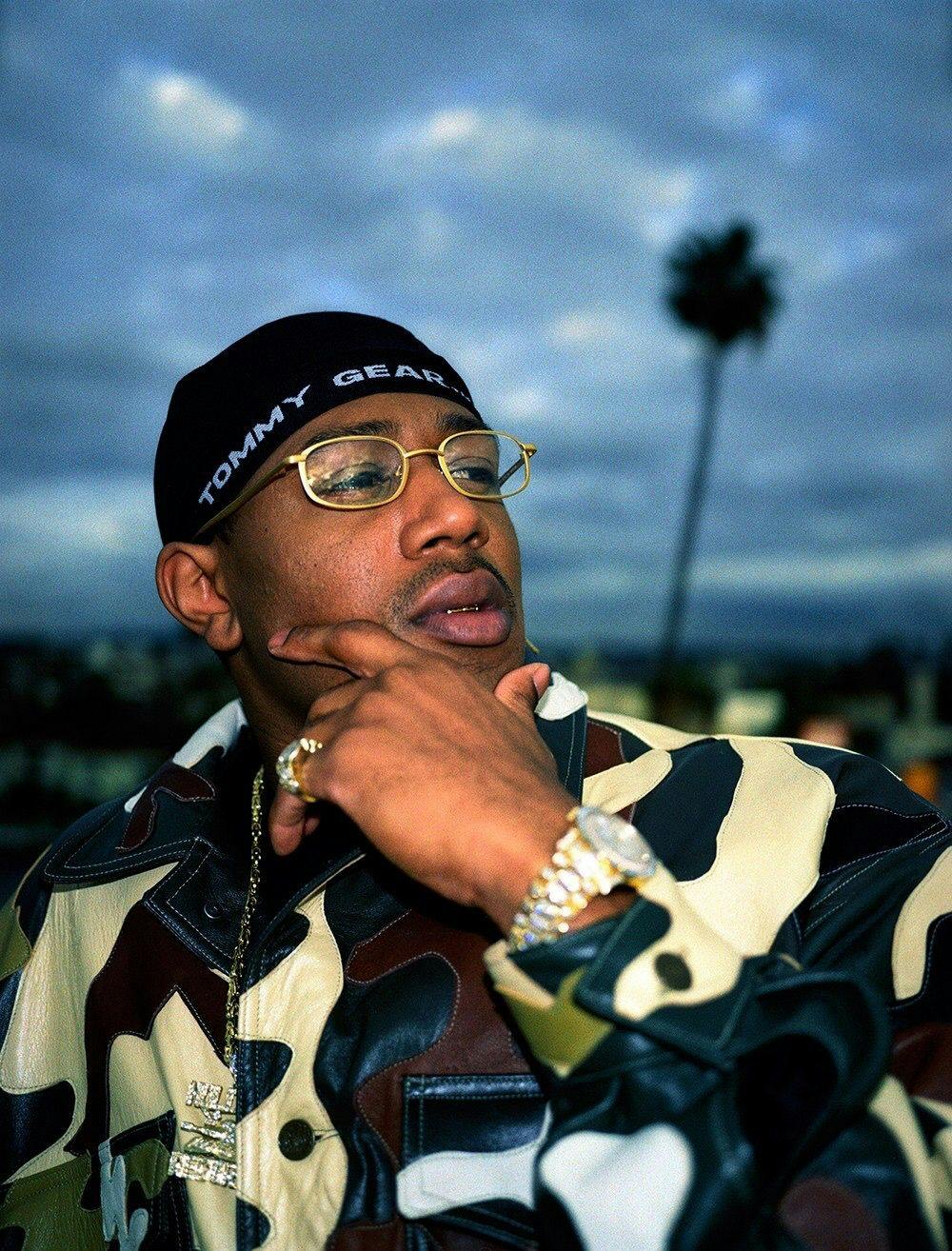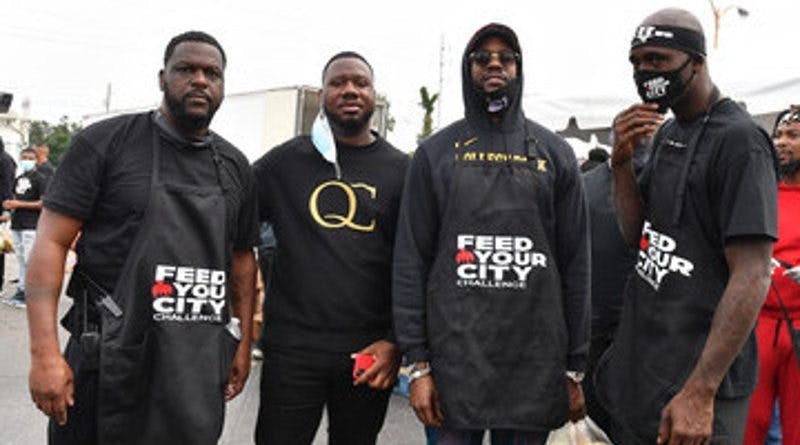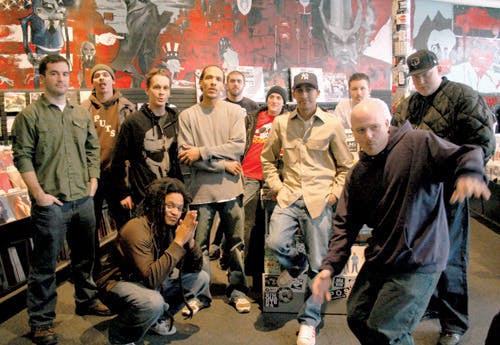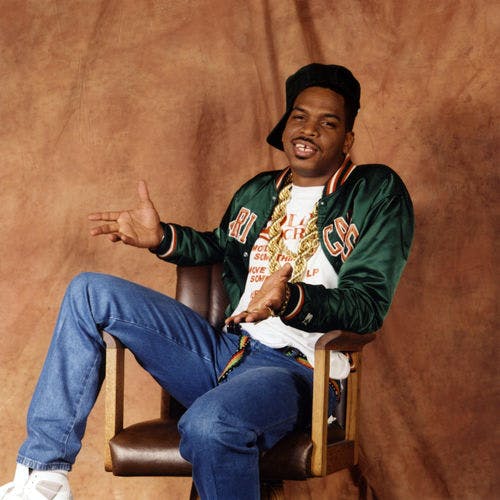
As the nation celebrates July 4th this weekend, the irony of the holiday is not lost: A day that celebrates a theoretical united feeling of pride toward a country that is at the global apex of polarization. Despite our differences most people at least like to (to steal a quote from “The Simpsons”) “celebrate the independence of our country by blowing up a small part of it.”
For some people there is deeper meaning behind the fireworks, and for others, the colors and sounds just add extra stimulation to whatever intoxicant has added seasoning to the day.
When it comes to independence, Hip Hop has been ahead of the curve from the time it was born and raised in the Bronx until now. In an industry plagued by practices designed to keep the artists playing by the rules that benefit the labels, we as a culture have always had innovators that helped the genre make our own rules.
Whatever independence means to you, we can all celebrate five of Hip-Hops best independent moments.


1. Master P turning down $1 million from Jimmy Iovine before No Limit had a deal.
In 2016, Percy Miller served as the keynote speaker at the A3C Music festival/conference in Atlanta. P has always been hailed as one of the savviest businessmen in Hip-Hop. On the day I’m writing this, he made headlines for helping secure a $2 million deal for his son that plays college basketball only one day after the NCAA announced that college athletes would be able to profit from their likeness.
Then head of Interscope records, Jimmy Iovine dangled the carrot, certain that P would take the bait, but with an impressive degree of will power and confidence in his label, he said something the major labels weren’t accustomed to from fledgeling artists: No.
“My brother was like, ‘We need to take that money and take over the hood,’” P said. “it was a bad contract. It was a seven year deal. I could never use my name anymore. Jimmy was like, ‘I got Suge Knight, I got Puff, If I had you, I got the hood. I told him I was going to get something to eat, I left and never came back. I decided to search on how I could get my own label,” he added.
After some advice from Michael Jackson’s lawyer, P put up 200,000 of his own money signed a distribution deal with Priority Records and watched No Limit soar into the stratosphere.
DROP YOUR EMAIL
TO STAY IN THE KNOW
2. Tech N9ne building an empire in his hometown.
After some less than great experiences with other labels, Tech N9ne partnered up with Travis O’Guin and started Strange Music. Thanks to a loyal core following, fans from the rock side and heavy cosigns from Lil Wayne (who featured Tech alongside Andre 3000 on the song “The Interlude” from Tunechi’s juggernaut album ‘The Carter 3, and Kendrick Lamar, the label leveled up to empire status on the low, until 2012.
The annual Forbes Magazine list of the top earning rappers snitched on the midwest dynasty, listing his income for that year at over $8 million dollars. As an artist who got very little attention from radio or mainstream media, Tech now had everybody wondering how he was able to do it and do it his way. Today, the label has an entire multi-building compound in a suburb of Kansas City and continues to set their own terms for success.


3. Tony Draper’s behind the scenes moguldom.
What Tony Draper has done for Hip Hop will likely never be given the props it should. As the founder and CEO of independent Houston based label Suave House he built his brand from the ground up and in the process gave us 8Ball & MJG, Big Mike, Tela and others. In addition to helping artists get a deal with his label, Draper, helped jailbreak artists in limbo.
Specifically, he was instrumental behind the scenes in helping to negotiate The Clipse’s release from Jive Records, where they sat in limbo, putting out free mixtapes as the label continually hindered the group’s effort to follow up on their debut album Lord Willin.’ If that’s not enough, the H-Town mogul also helped facilitate Cash Money’s deal with Universal in ’98. So you could say he’s partially responsible for Cash Money taking over the 99 and 2000.


4. Rhymesayers putting Minnesota on the map
As boss moves in Hip Hop go, one of the more impressive ones before the era of streaming and social media was trying to put a city on the map that wasn’t there already. Especially when the city in question is best known to many for Prince, ice fishing and in more recent years the accents from the show “Fargo.”
So when Slug, Ant, Sab and Siddiq came together to form Rhymesayers it was even more impressive when the label took off and gave Minnesota their own identity. As for Slug and Ant, collectively known as Atmosphere, their buzz continued to bubble up after a slew of solid records and increasingly populated tours. Like Tech did with Kansas City, the duo put Minneapolis on their back and gave a platform to other artists like Evidence, Aesop Rock, Brother Ali, Sa-Roc and more.


5. Luke Skyyywalker The Architect
It’s become fashionable in Hip-Hop for an artist to start their own label these days. With YouTube, and social media helping individuals market and distribute themselves, the golden handcuff days of the industry’s soulless gatekeeping are not what they used to be. In 1986 however, it was a ballsy and unprecedented move for a rapper to start their own label.
Fittingly, it would be Luther Campbell, or Uncle Luke that would kick in the door for Hip-Hop independence with 2 Live Crew, 35 years ago. His vision as well as his venture a success, and as a result of being his own boss and not having someone force him and his group to tone down their controversial lyrics, their music was declared legally obscene. The ruling was overturned making Luther Campbell a free speech hero in addition to an independence day boss.



